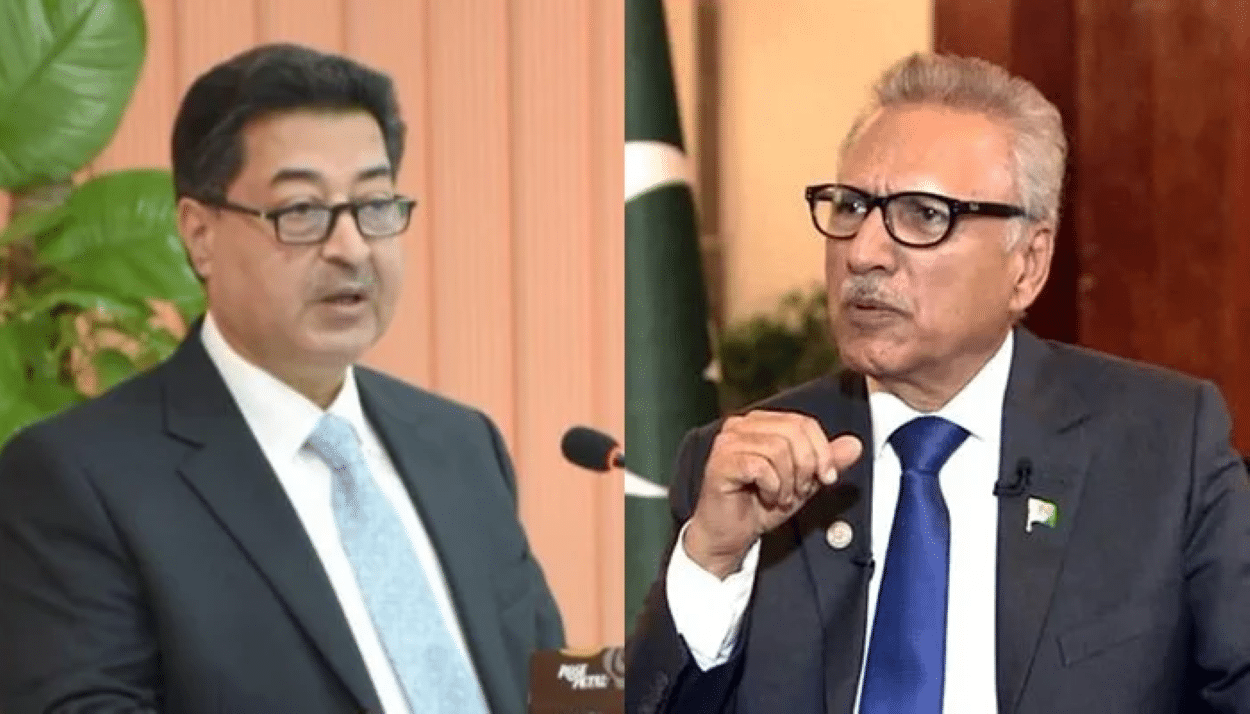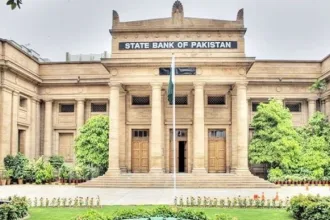In a recent update surrounding the heated debate over the appropriate scheduling of the general elections, President Arif Alvi delineated a potential date for the polls in a correspondence to the Chief Election Commissioner (CEC).
Referring to Article 48(5) of the Constitution, President Alvi emphasized his rightful prerogative to designate a day for the elections within 90 days after the disbanding of the assemblies, which ought to be the “sixth day of November 2023, Monday” as cited in the letter.
President Alvi recounted that the National Assembly dissolution was executed on his part, pursuant to advice from the former Prime Minister, Shehbaz Sharif, dated August 9, 2023.
Clash of Constitutional Interpretations
The letter highlighted the president’s endeavor to meet constitutional mandates by proposing a consultation with CEC Sikander Sultan Raja to strategize the procedural enforcement of the constitutional directive. However, this approach was met with resistance, as the CEC asserted that the jurisdiction for such matters fell under the Election Commission of Pakistan, as delineated in the constitutional and electoral law framework.
This assertion was reinforced by the ongoing efforts to realign constituencies following the recent publication of the 2023 Census data, a procedure mandated by Article 51(5) and section 17 of the Elections Act, 2017, as noted in the letter. The Ministry of Law and Justice echoed this stance with all provincial governments. Moreover, the president advocated for synchronising the general elections across the lower house of the parliament and all provincial assemblies.
Law Ministers Back ECP’s Autonomy
Earlier in the day, a collective of federal and provincial law ministers implored all state entities to uphold the sovereignty and competence of the Election Commission of Pakistan (ECP) in orchestrating the constituency delimitation and formalizing the election timetable.
This declaration was disseminated after a conference orchestrated by the interim Law and Justice Minister, Ahmad Irfan Aslam, in Islamabad. Attended by provincial law dignitaries like Kanwar Dilshad, Muhammad Omer Soomro, Arshad Hussain Shah, and Amanullah Kanrani, the assembly focused on deliberations related to the forthcoming elections to the national and provincial assemblies.
The conference concluded with the consensus that facilitating the elections and announcing the respective dates was exclusively under the ECP’s purview, affirming its position as a sovereign constitutional entity. This affirmation came amid the early dissolution of the National Assembly and several provincial assemblies by the PML-N-led coalition government to grant the ECP the time frame of 90 days for election preparations following the recent consensus on the 7th Population and Housing Census 2023.
By Article 51(5) of the Constitution, the assignment of National Assembly seats amongst the provinces and the federal capital is slated to be based on the newly acquired census data, potentially extending the election schedule beyond the initially stipulated 90-day timeframe, hinting at a likely postponement of the elections past the November 9, 2023, deadline.






